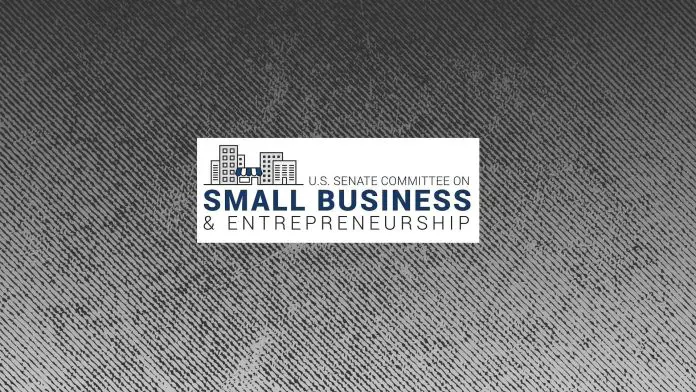In a recent hearing that underscored the vital link between tax policy and small business vitality, U.S. Senator Joni Ernst (R-Iowa) supported the notion that making the Trump-era tax cuts permanent is crucial for the ongoing success of small enterprises across the nation. As small business owners wrestle with various economic pressures, the potential permanence of these tax cuts could be a game-changer for many.
Senator Ernst conducted discussions with small business owners during a joint hearing of the House Committee and Senate Committee on Small Business and Entrepreneurship. Speaking with Jerry Akers, an owner from Palo, Iowa, Ernst highlighted the far-reaching implications of the punitive death tax. Akers expressed his concerns about the imminent expiration of these tax cuts impacting his ability to pass down his business to his two daughters without incurring crippling debts.
"The expiration of Trump’s tax cuts would slow the growth of small businesses and harm communities and employees," Akers stated, echoing the challenges many small business owners face. The anticipated end of tax reductions, which have benefited a multitude of small businesses, raises questions about future investments and growth for these enterprises.
For small business owners, understanding the potential ramifications of tax legislation is crucial. The Trump tax cuts allowed for lower corporate tax rates and reductions in pass-through income taxes, offering immediate financial relief. This tax framework has been regarded as a significant factor contributing to entrepreneurial growth, providing business owners with more resources to invest in their operations, hire new employees, and expand their services.
Ernst has long championed the permanent repeal of the death tax, advocating that families should not have to deal with the burden of losing their livelihoods in addition to mourning the loss of a loved one. Many small business owners share this sentiment, fearing that the death tax could dismantle family-operated businesses that have been built painstakingly through generations.
While the benefits of extending tax cuts are clear—enhanced cash flow and reduced financial strain—small business owners should also consider the broader economic landscape. Permanent tax cuts may lead to larger budgetary gaps or cuts in essential services, which could negatively impact the very communities small businesses rely on. Additionally, consistent fluctuations in tax policy can create an atmosphere of uncertainty that discourages long-term planning and investment.
The dialogues occurring in Washington are pivotal; they not only shape fiscal policy but also directly affect the operations of small businesses. "Iowa families should not fear the loss of their livelihoods," said Ernst, as she urged Congress to consider the voices of small business owners during the legislative process. This call to action highlights the necessity for business owners to engage with their representatives, ensuring that their economic realities are represented in policy discussions.
As small business owners look to the future, the outcome of this debate on tax policy could significantly influence their growth strategies. They would do well to remain informed about the developments surrounding tax legislation and consider how such changes may affect their bottom line, workforce retention, and overall business resilience.
Small business owners are facing a critical juncture. Understanding the implications of making tax cuts permanent—or allowing them to expire—will be essential for planning their strategies moving forward. For additional insights from the hearing and ongoing updates, visit the full press release on Senator Ernst’s website HERE.
Image Via BizSugar



